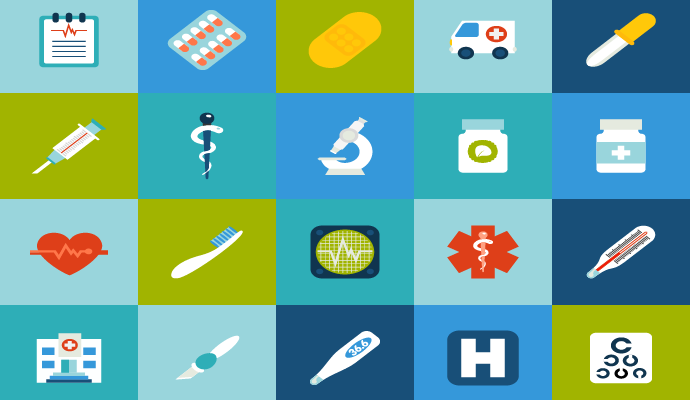Eli Lilly Announces Supply Deal for COVID-19 Antibody Therapies
The supply deal will help to reduce the impact of the coronavirus for individuals in low- and middle-income countries by making COVID-19 antibody therapies more accessible.

Source: Thinkstock
- Eli Lilly and Company and the Bill & Melinda Gates Foundation recently entered into an agreement to facilitate access to future COVID-19 antibody therapies in low-and middle-income countries.
The Gates Foundation chose to collaborate with Eli Lilly for the manufacturing capacity on pre-set criteria, including data regarding the safety, efficiency, and ability to implement in lower-resource settings.
Commercial manufacturing for the therapeutic antibodies is set to begin in April 2021 at FUJIFILM Diosynth Biotechnologies in Denmark.
"To help end the COVID-19 pandemic it is vital that people, no matter where they live or their ability to pay, can access effective therapeutics," said Mark Suzman, CEO of the Bill & Melinda Gates Foundation.
"It is encouraging to see Lilly stepping up and committing to making products more affordable and accessible to everyone who needs them. Until every country can effectively tackle COVID-19, no country will be safe."
The collaboration is part of the COVID-19 Therapeutics Accelerator, a $125 million initiative launched by the Gates Foundation, Wellcome, and Mastercard to speed the development of and access to therapies for COVID-19.
The COVID-19 Therapeutics Accelerator identifies, assesses, and scales-up treatments to make products available and affordable for vulnerable communities. By sharing research, coordinating efforts, and pooling resources, experts expect to advance the treatment of the virus.
Eli Lilly has already begun manufacturing technology transfer risk in anticipation of regulatory authorization for its antibody therapy, the company noted.
To speed up therapeutic innovations globally, Eli Lilly will attempt to make certain volumes of its antibody therapeutic manufactured in other facilities available to lower-income countries prior to April 2021. But this will be based on the timing of regulatory authorization.
As part of this initiative, Eli Lilly's collaborators, including AbCellera Biologics Inc., Shanghai Junshi Biosciences Co., and Columbia University have also agreed to waive their royalties on the Eli Lilly therapeutic antibodies distributed in low- and middle-income countries.
This arrangement supports Eli Lilly’s 30X30 commitment, which seeks to improve access to quality healthcare for 30 million individuals living in settings with limited resources each year by 2030, the company said.
"Medicines that can help reduce the impact of COVID-19 will be an important part of the solution to this pandemic and are urgently needed by people all over the world," David A. Ricks, Eli Lilly's chairman and CEO, said in the announcement.
"Lilly is proud to be a part of the collective global effort to help ensure equitable access to COVID-19 therapeutic options for people in low- and middle-income countries."
The agreement with The Gates Foundation builds on various public and private partnerships with Eli Lilly and other biopharmaceutical industry partners. The companies have also agreed to collaborate on tuberculosis treatments, as well as partnerships to speed the development, manufacture, and delivery of vaccines, diagnostics, and treatments for COVID-19.
Therapeutic antibodies have the potential to prevent and treat COVID-19, reducing the burden on healthcare systems worldwide.
One of the most promising COVID-19 antibodies currently going through clinical trials is Vir Biotechnology and GSK’s antibody, VIR-7831.
Last week, the companies announced the global expansion of a Phase 3 study evaluating the antibody. The study, COMET-ICE, will evaluate VIR-7831 in patients who are at high risk of hospitalization from the coronavirus.
The antibody was selected based on study data that showed it can neutralize the virus, kill infected cells, provide a high barrier to resistance, and achieve high concentrations in the lungs, a GSK spokesperson explained.
The global expansion will reach sites in North America, South America, and Europe.
“We believe this neutralising antibody’s high barrier to resistance, notable effector function, and enhanced delivery into the lung suggest it has best-in-class potential in the fight against this global pandemic,” Hal Barron, PhD, chief scientific officer and president of research and development at GSK, said in the October 6th announcement.
